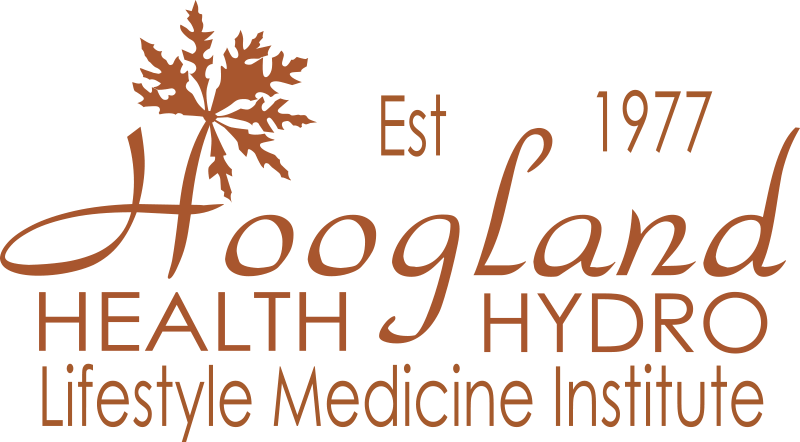The ability to create the next generation of productive human beings is not only a biological need; it has cultural, emotional, and spiritual meaning.
Forming a healthy new life is dependent on being healthy ourselves: genetically, biologically, metabolically, psychologically, and financially.
Our modern world has improved the survival of infants dramatically, which is so wonderful. But our modern world has also made having children during our peak productive years harder and has created an environment where our overall health is not often ideal to bear children.
Global fertility rates have experienced a significant decline over the past three decades, and multiple factors contribute to this trend.

Trends in Fertility Rates
Worldwide fertility rates have fallen sharply over the past three decades. The global total fertility rate decreased from about 3.2 children per woman in 1990 to around 2.3 in 2025. In South Africa, it declined from 2.9 in 1990 to 2.4 in 2023, reflecting the same global shift. Some regions, particularly in Europe and East Asia, now report rates below 1.5 – well under the population replacement level of 2.1.
Biological Peaks and Timing
Factors Affecting Reproductive Health
Factors Affecting Reproductive Health

The Role of Male Health in Fertility
Most people assume that the woman bears the full burden of a healthy pregnancy, but men play an equally important role. Male factors contribute to up to 50 % of infertility cases, either as the sole cause (~20-30 %) or in combination with female factors. Poor paternal health before conception is linked to higher risks of pregnancy loss, low birthweight, preterm birth, and other adverse birth outcomes—even after adjusting for maternal health.
A man’s age, metabolic health, lifestyle, and exposures (such as obesity, smoking, environmental toxins) all influence sperm quality, DNA integrity, and epigenetic factors passed to the embryo. In short: your partner’s health isn’t just supportive—it’s part of the foundation for creating healthy life together.
Monitoring & Improving Reproductive Health at Hoogland
Hoogland Health Hydro has been known as one of the premier venues for improving overall health and wellbeing for almost 50 years. Many clients have invested time at Hoogland with the aim of one day cradling their own infant in their arms.
In recent years, we have seen a significant increase in clients struggling with infertility, and only recently have we come to fully appreciate the value that Hoogland provides in this regard.
For those specifically focused on creating a healthy new life, we now offer a comprehensive series of tests to evaluate and monitor fertility. These on-site tests are available for both men and women, and, should additional testing be needed, we assist in coordinating them.
We rapidly identify physical hurdles to successful pregnancies that can be improved through lifestyle changes. Our team then works closely with prospective parents to track their health improvements – ideally reducing the need for more expensive and invasive fertility interventions.
Even if lifestyle changes do not lead to a successful pregnancy right away, they significantly increase the likelihood of success should further interventions, such as IVF, become necessary.
Improving lifestyle health is not only vital for fertility – it is essential at every stage of life. Parenthood is hard work, and being physically and mentally healthy is important not only for conception but also for becoming a successful and resilient parent.
There is arguably no better place to enhance your well-being than at Hoogland Health Hydro. For nearly five decades, we’ve helped people rebuild their strength, balance their health, and rediscover vitality in both body and mind. We’d love to help you take your next steps toward living your best life.
